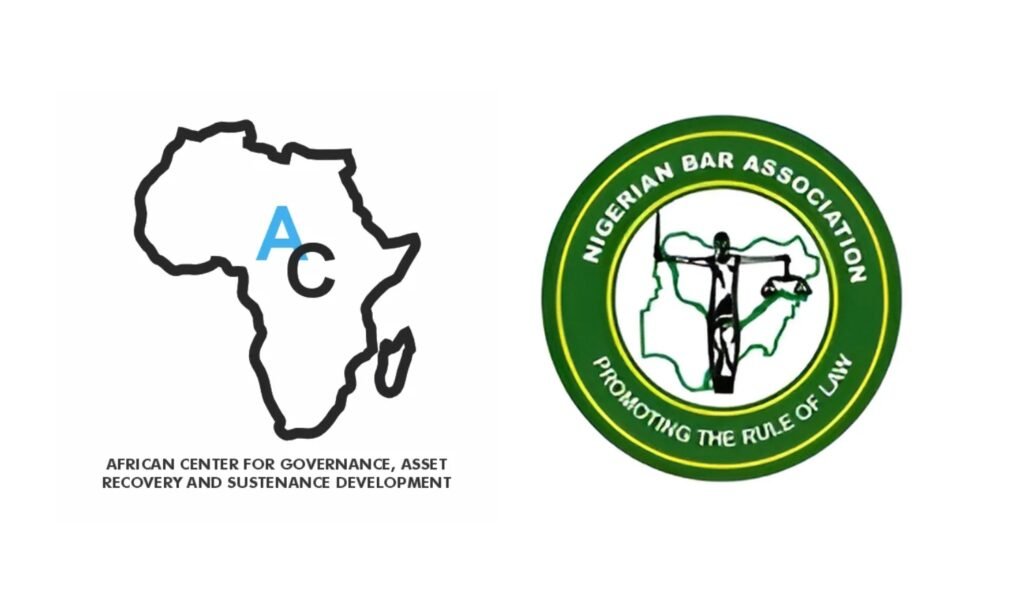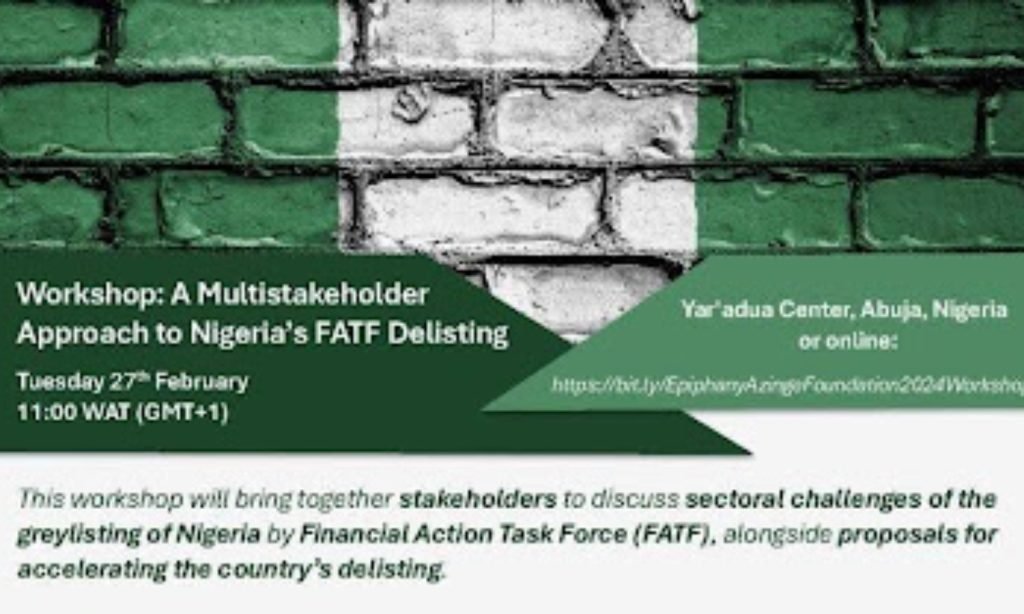Nigerian lawyers have been urged to treat Anti-Money Laundering and Countering the Financing of Terrorism (AML/CFT) compliance as a professional necessity rather than an option. This was the key message from a webinar themed “AML/CFT Compliance: A Non-Negotiable for Modern Law Firms”, held on August 21 under the UK Foreign, Commonwealth and Development Office (FCDO)-funded project “Tackling Illicit Financial Flows through Asset Recovery and Management and Countering ML/CFT/PF in Nigeria.” The session was convened by the African Center for Governance, Asset Recovery and Sustainable Development in partnership with the Nigerian Bar Association Anti-Money Laundering Committee (NBA AMLC).
With an impressive 3,003 lawyers registering and 1,268 attending live, the event demonstrated strong national and international interest in strengthening compliance practices within Nigeria’s legal profession. Participants joined from across all six geopolitical zones, with Lagos and Abuja accounting for over half of attendees, while nearly 30% logged in from 11 other countries, including the United Kingdom, Canada, the United Arab Emirates, and Saudi Arabia. Gender representation was nearly balanced (52% male, 48% female), but the webinar’s strongest appeal was to young and mid-career lawyers: 67% of participants were under 40 years old, and nearly 60% had less than 10 years at the Bar. Most were engaged in litigation (57%) and corporate law (33%), highlighting the sectors most exposed to compliance challenges. Relevance ratings were overwhelmingly positive, with 82% of participants describing the session as “very” or “extremely” relevant. The primary motivation for attending was to understand compliance obligations (57.5%), followed by the desire to avoid inadvertently facilitating crime and reduce sanctions risks.
The African Center and NBA AMLC described the event as a milestone in embedding a culture of compliance in Nigeria’s legal profession, affirming that the sector is ready to play its role in tackling illicit financial flows in line with global FATF and OECD standards. Future sessions will expand outreach to under-represented NBA branches, strengthen engagement to close the gap between registration and live attendance, and provide post-training resource packs for practical application.
Lessons from the webinar point to the growing hunger for compliance knowledge among Nigeria’s legal community, particularly younger lawyers, and the importance of delivering practical, skills-based learning supported with templates, case studies, and decision-making tools.
To watch the webinar video, visit our YouTube channel
To access the full Post Webinar report, click here



